How Are You In Arabic – 5 Pharses Plus Pronounciation
Advertisements
One of the most common phrases for starting a conversation is “How are you?” It can even be used to greet someone by saying hello in Arabic. So learning how to say how are you in Arabic is extremely useful.
In this article, you will:
- Learn how to say how are you in Arabic in formal situations.
- Learn how to respond to how are you in Arabic.
- Discover the ways to say how are you to a female, male, dual and plural
How Are You In Arabic
The formal way to say how are you in Arabic is written as كيف حالك؟ and transliterated Kayfa Haluka. It is modern standard Arabic, understood by all Arabs and used mostly in formal writing. The phrase is conjugated depending on the addressee.
How Are You in Arabic To A Female
In Arabic, when talking to a female, the appropriate pharse to say how are you is كيف حالكِ pronounced as Kayfa Haluki. This is because verbs and words are conjugated to agree with the pronoun.
How Are You In Arabic To A Man
The most common way to say how are you to a man in Arabic is كيف حالك and transliterated as Kayfa Haluka. This is pretty international and used across the Arab world.
Advertisements
The table below include the most frequently used phrases to ask how are you, both for a male and female. The phrase is conjugated depending on the addressee as summarized in the table.
| Addressee | Arabic | Transliteration |
| Masculine singular | كيف حالكَ | Kayfa Haluka |
| Feminine singular | كيف حالكِ | Kayfa Haluki |
| Two males or females | كيف حالكما | Kayfa Halukoma |
| Three or more males | كيف حالكُم | Kayfa Halukom |
| Three or more females | كيف حالُكُنَّ | Kayfa Halukonna |
How To Pronounce How Are You In Arabic
The video below will help learn how to pronounce how are correctly in Arabic language.
How To Respond To How Are You?” in Arabic
If someone asks you this question, there are many personalized and formal ways to reply in Standard Arabic. The most common answer is أنا بخير، شكراً, pronounced as Ana bikhaer, shokran” which is translated as ‘I am fine, thanks’.
Or you could answer positively as بخير والحمدلله Bikhaer wal hamdulillah which serves a similar meaning ‘Good and thanks for Allah’.
On the other hand, if you were not feeling good and you want to express that, you can say “لست بخير Lastu bikhaer”, and its translation is ‘I am not good’. You can also say “أنا مريض Ana marid” if you were sick.
Advertisements
Check out the table below for an easy view on some ways to respond to how are you in standard Arabic.
| Arabic | English |
| أنا بخير | I am great |
| أنا جيد | I am good |
| أنا بخير | I am OK |
| لست سيئاً | I am not bad |
| أنا جيد جداً | I am pretty good |
| أنا أبلي حسناً | I am doing well / great / good |
| لا يمكنني أن أكون أفضل | I could not be better |
| لا أستطيع الشكوى | I cannot complain |
| لقد كنت بحال أفضل | I have been better |
| كان لدي أيام أفضل | I have had better days from |
Other Ways To Say “How are you?” in Arabic
It’s best to learn the other ways to say “How are you?” in Arabic, then pick one, and use that construction when you speak.
How are you doing? كيف أو ماذا تفعل
The literal translation of this question is how do you do it. As you know, we use it informally to ask how our friends are, people we’ve known for quite some time and can’t use it for our boss or someone we just met.
How is it doing? كيف تسير الحياة / الأمور
This is also informal way to ask your family and friends about something. For example:
- كيف تجري الأمور يا بني؟ هل كل شيء على ما يرام
Meaning: how is it doing son? Is everything OK.
- كيف تسير الأمور يا عمر؟
How are things Omar?
What’s up? كيف الحال /ماذا حصل؟
Another informal and funny way to ask how is your family and friends is the above question.
Conclusion
How are you is such an important phrase to learn when starting conversational Arabic. As we have known, different languages have come up with very different ways of saying it.
Hopefully, now you can feel comfortable traveling anywhere in the Arab-speaking world and make special connections by asking how are you in Arabic.
See also Black In Arabic Language And How To Say It.
Advertisements

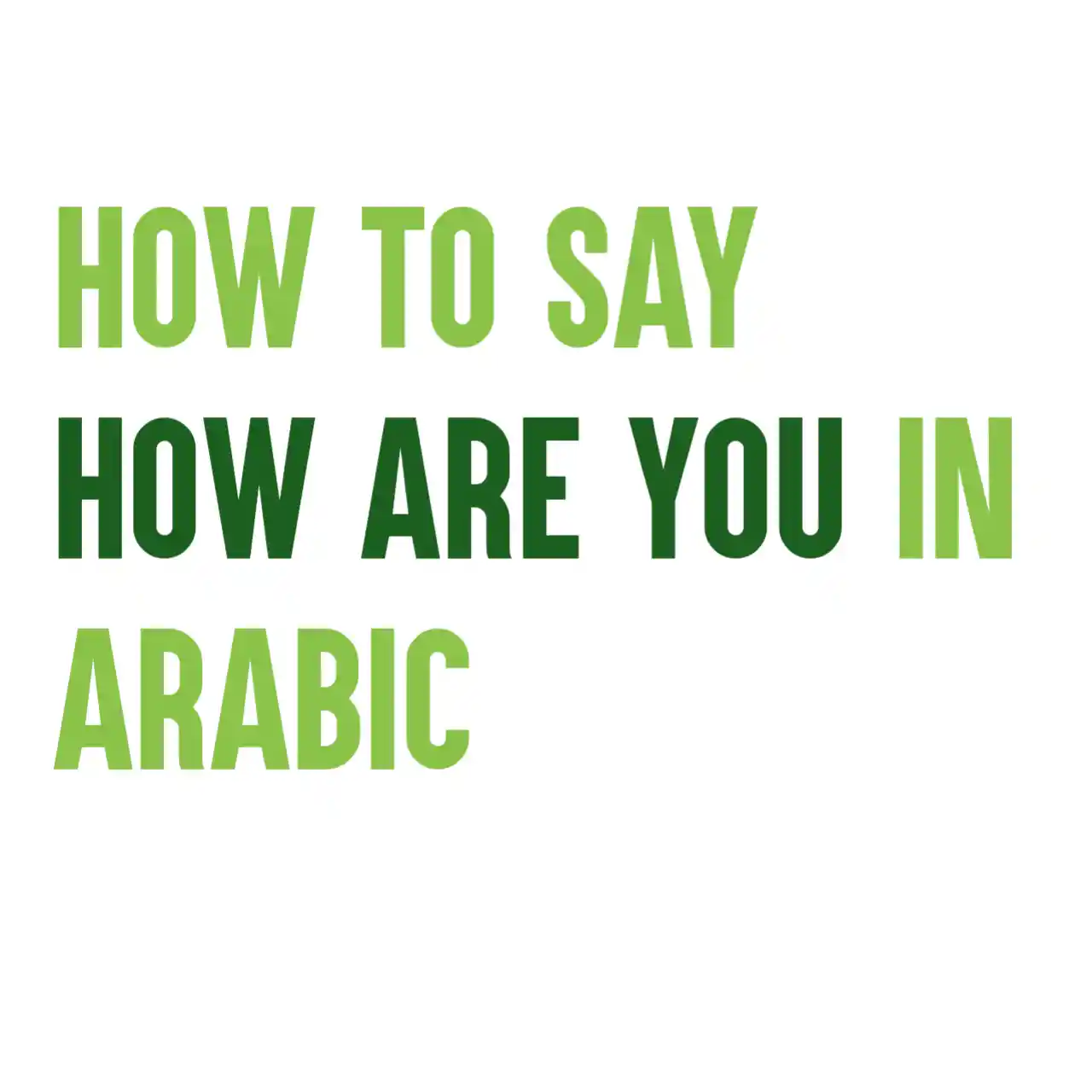
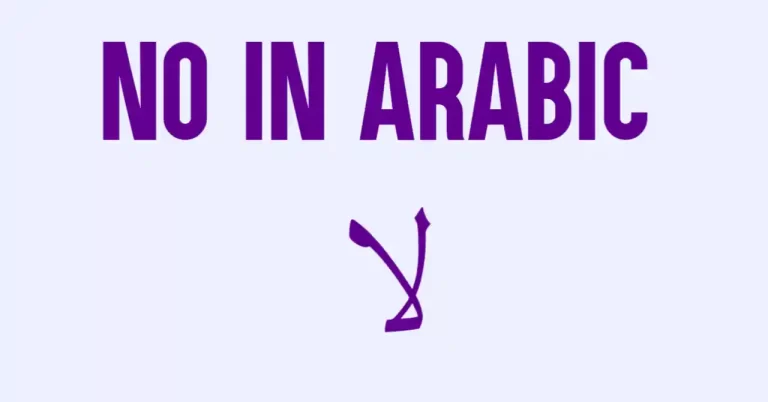
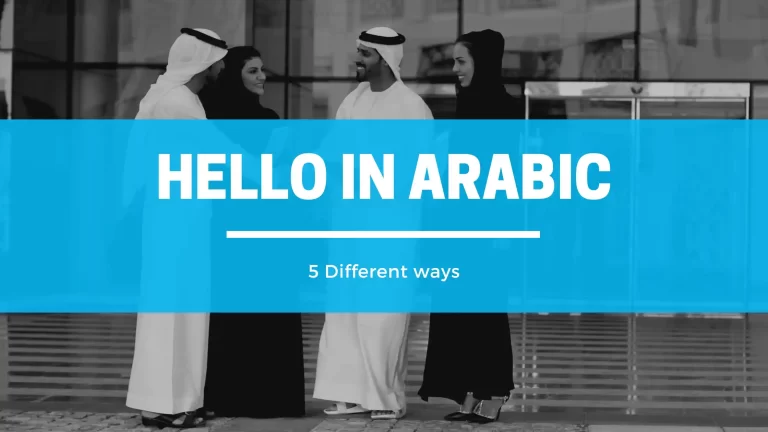

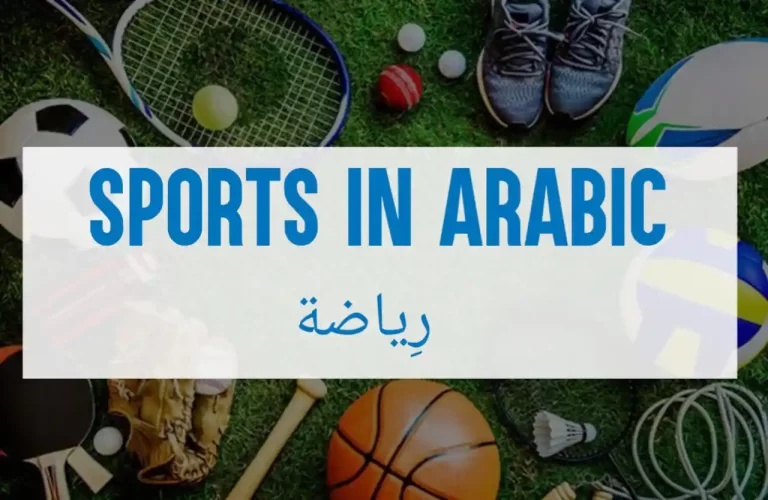
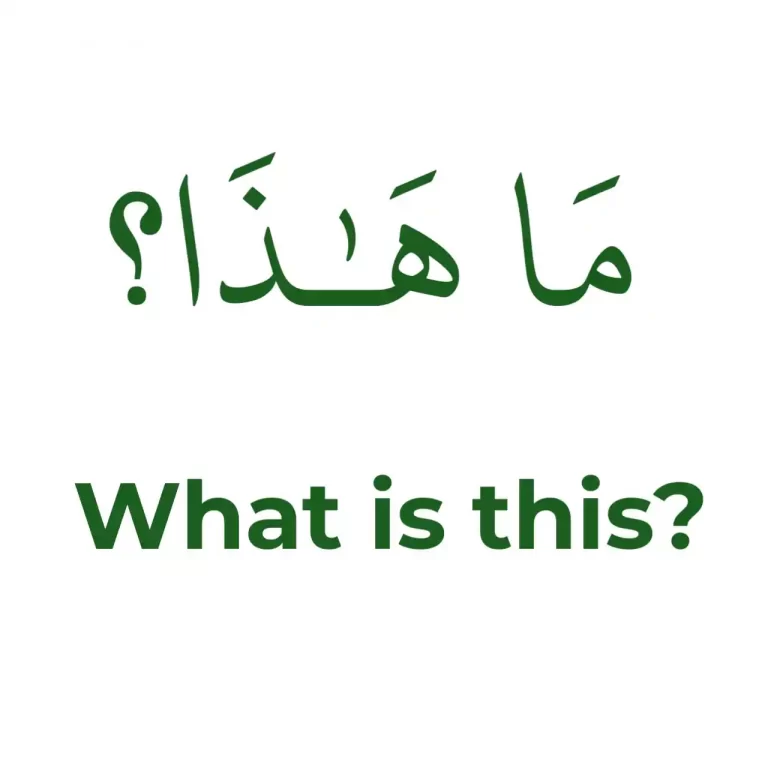
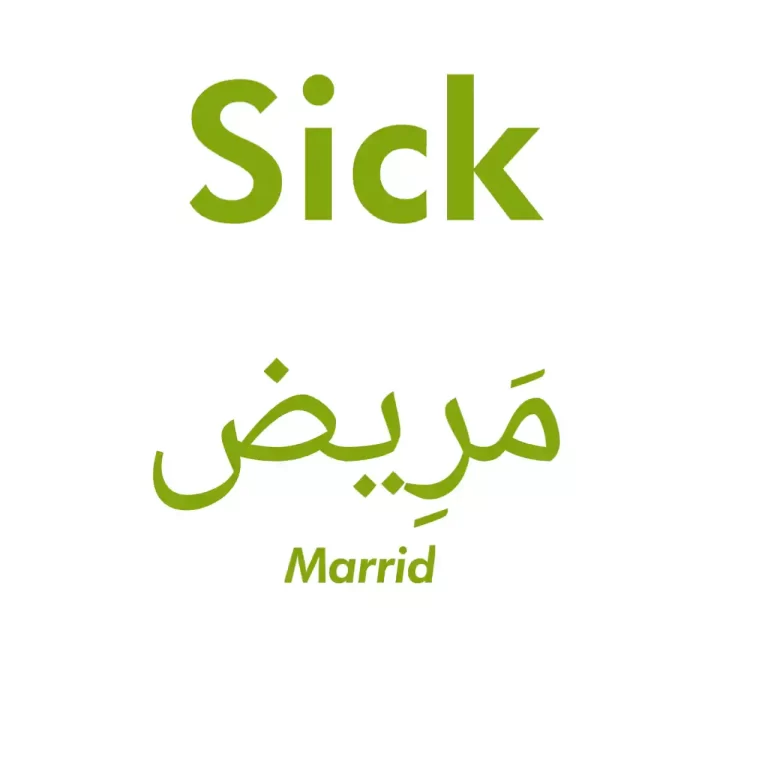
One Comment